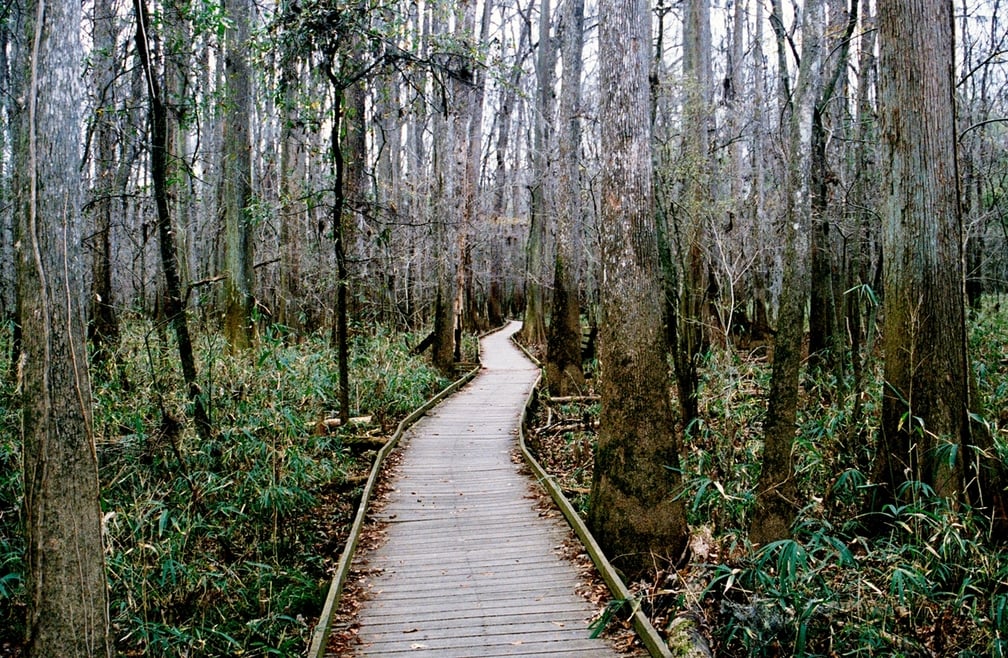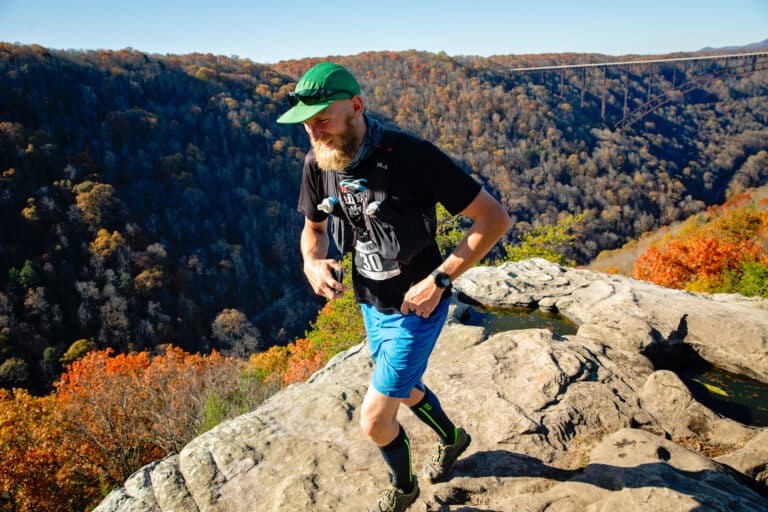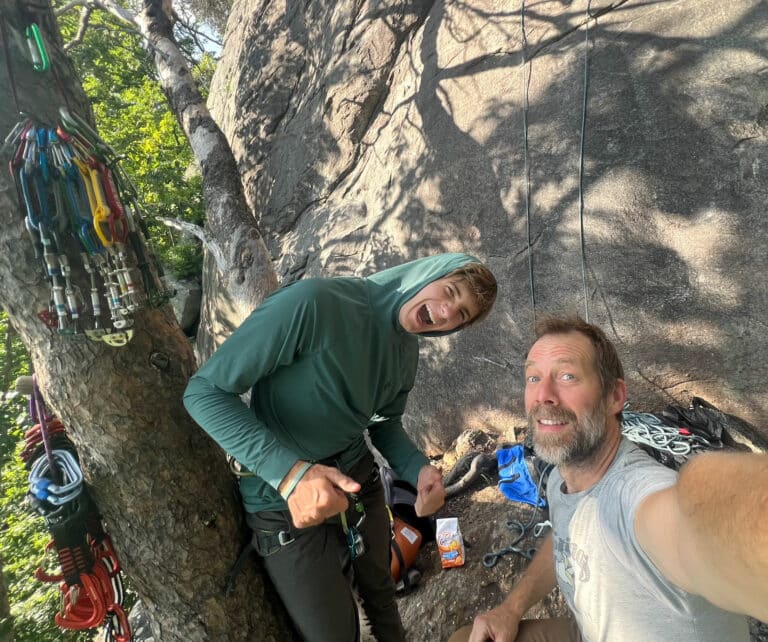Beneath the picturesque Spanish Moss and cypress swamps, lies the vast terrain of a park just begging to be explored. South Carolina’s Congaree National Park inundates visitors with a sense of tranquility, but don’t be fooled—this park is perfect for even the most avid adventurer.
With 25 miles of hiking trails, opportunities to flatwater paddle and backcountry camp, and stunning river views, Congaree National Park will transport you to simpler, southern world just miles outside of the city of Columbia. Containing the country’s largest tract of old-growth bottomland hardwoods, this national park of over 20,000-acres is nestled under a canopy of colossal trees that makes you feel both insignificantly small and awestruck. This otherworldly park redefines the idea of a South Carolina swamp—a diverse, natural floodplain breathing southern charm.
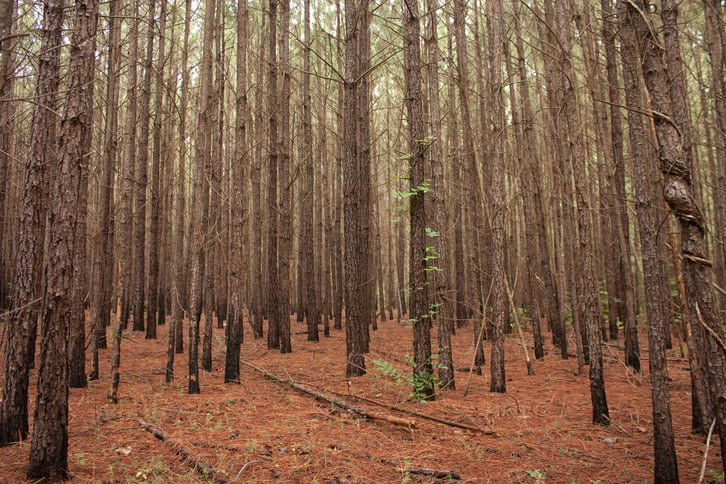
As the east coast winter melts into spring, Congaree National Park offers its best conditions for your next visit. Beat the heat, bugs, and crowds by planning your South Carolinian adventure to Congaree National Park before the busy summer season. Regardless when you choose, this park will not disappoint. Below are three must-dos not to miss this spring.
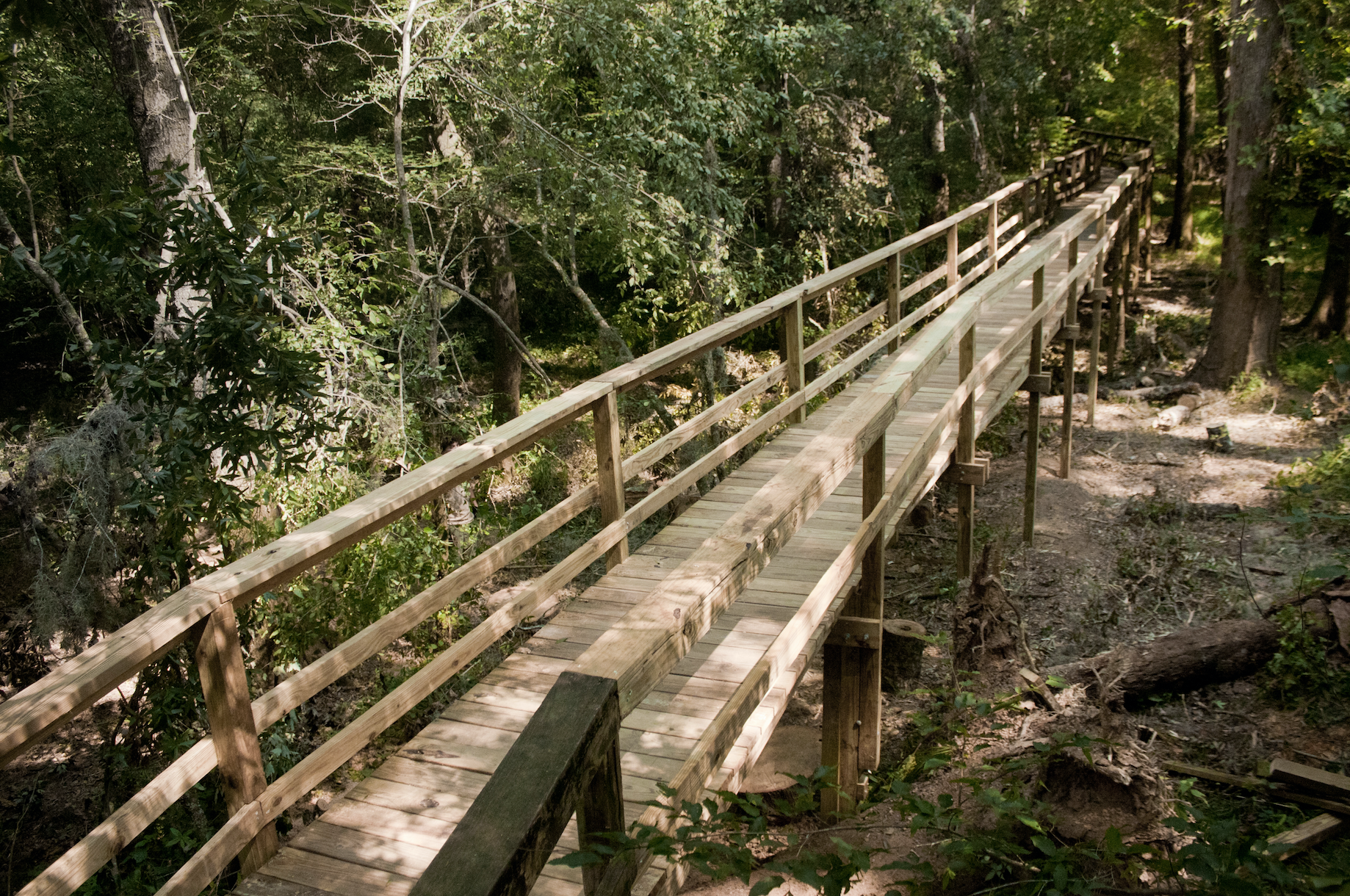
Hiking
Congaree National Park’s floodplain creates the perfect terrain for hikers of all experience levels. The 25 miles of trails range from the relaxing 1.7-mile Bluff Trail to the more challenging 11.7-mile Kingsnake Trail. Hop on the well-marked and well-maintained trails and follow the brown blazes into the heart of Congaree National Park. One of the most popular trails in the park is the unmarked Boardwalk Loop Trail that takes you directly under the canopy comprised of loblolly pines, cypress, and tupelo trees. Looking up from the Boardwalk Loop Trail gives you the best view of the famous old growth trees.Longer trails such as the River Trail (10 miles) and the Oakridge Trail (6.6 miles) offer equally impressive views of the old growth forest if you’re looking to spend a longer day winding through the floodplain. While the spring weather does keep the bugs and the heat at bay, the seasonal rain showers may cause high water levels in certain areas of the park.
To avoid this, make sure to check in with the visitor’s center before setting off for a day on the trail. The River Tail, for example, is especially susceptible to flooding as the river overflows into the bottomland forest approximately ten times a year. Other trails, such as the Weston Lake Loop Trail, give visitors the opportunity to get a glimpse of the occasional river otter while hiking in the shadow of old growth cypress. No matter which hiking trail you pick, you won’t be disappointed!
Flatwater Paddling
Step off the trails and into a kayak, canoe, or paddleboard and check out Congaree National Park from a different perspective. With miles of winding rivers and streams, there’s no better way to spend a spring day than paddling through the tranquil waters of the Congaree River.
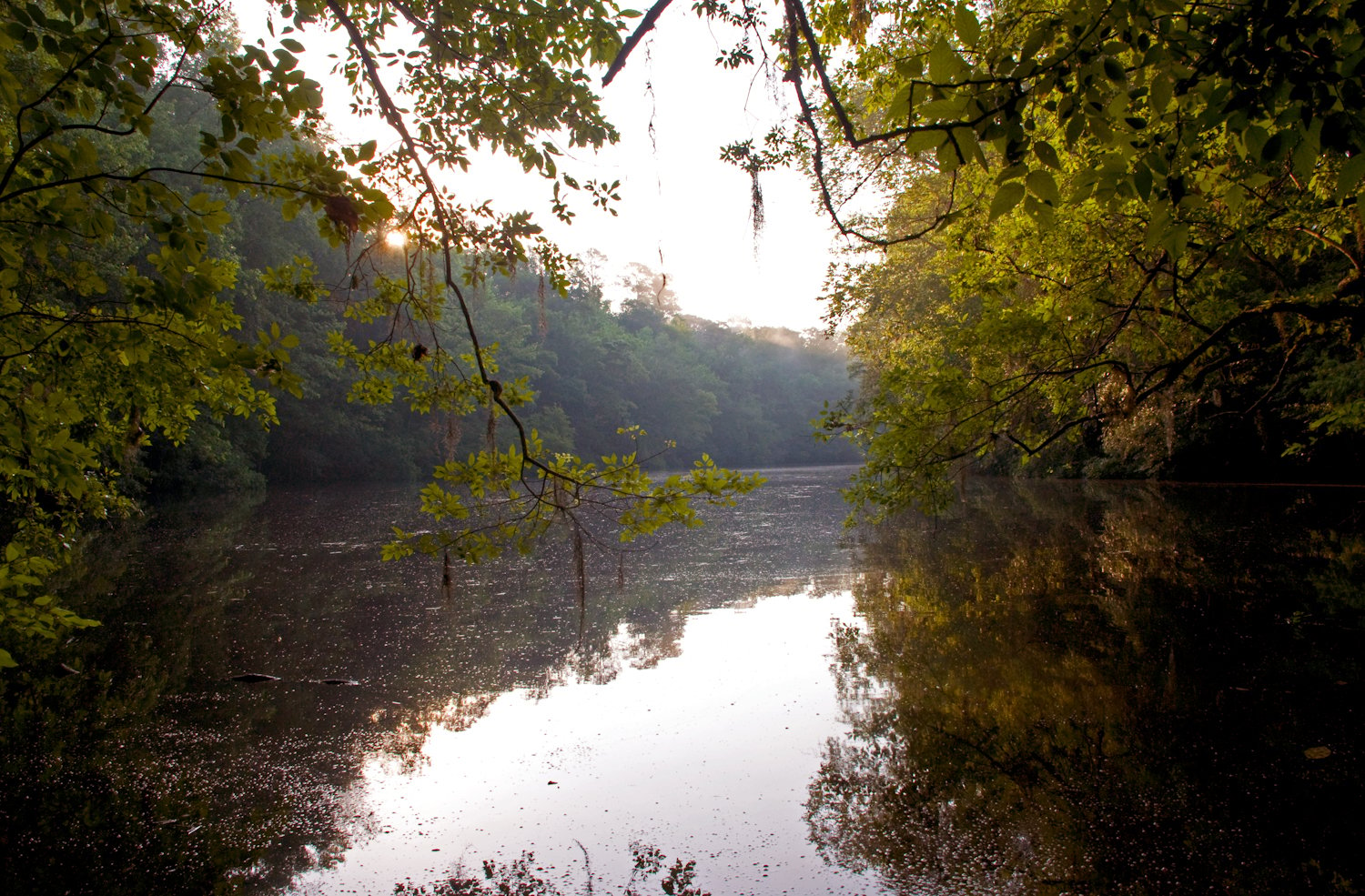
The many trips offered in the area range from a few hours to multi-day excursions—perfect for all skill levels. Paddlers have the opportunity to catch a glimpse of diverse wildlife such as turtles, river otters, and alligators while cruising past some of the tallest trees in the region. Canoes and kayaks are readily available for rental in the Columbia area, or you can make a reservation for a ranger-guided canoe tour to learn more about this amazing ecosystem.Popular overnight trips like Cedar Creek to Route 601 Landing (20-miles) and Congaree River Blue Trail (50 miles) give you the opportunity for a sunrise paddle on the steaming morning river. This popular activity is perfect for South Carolina’s spring weather.
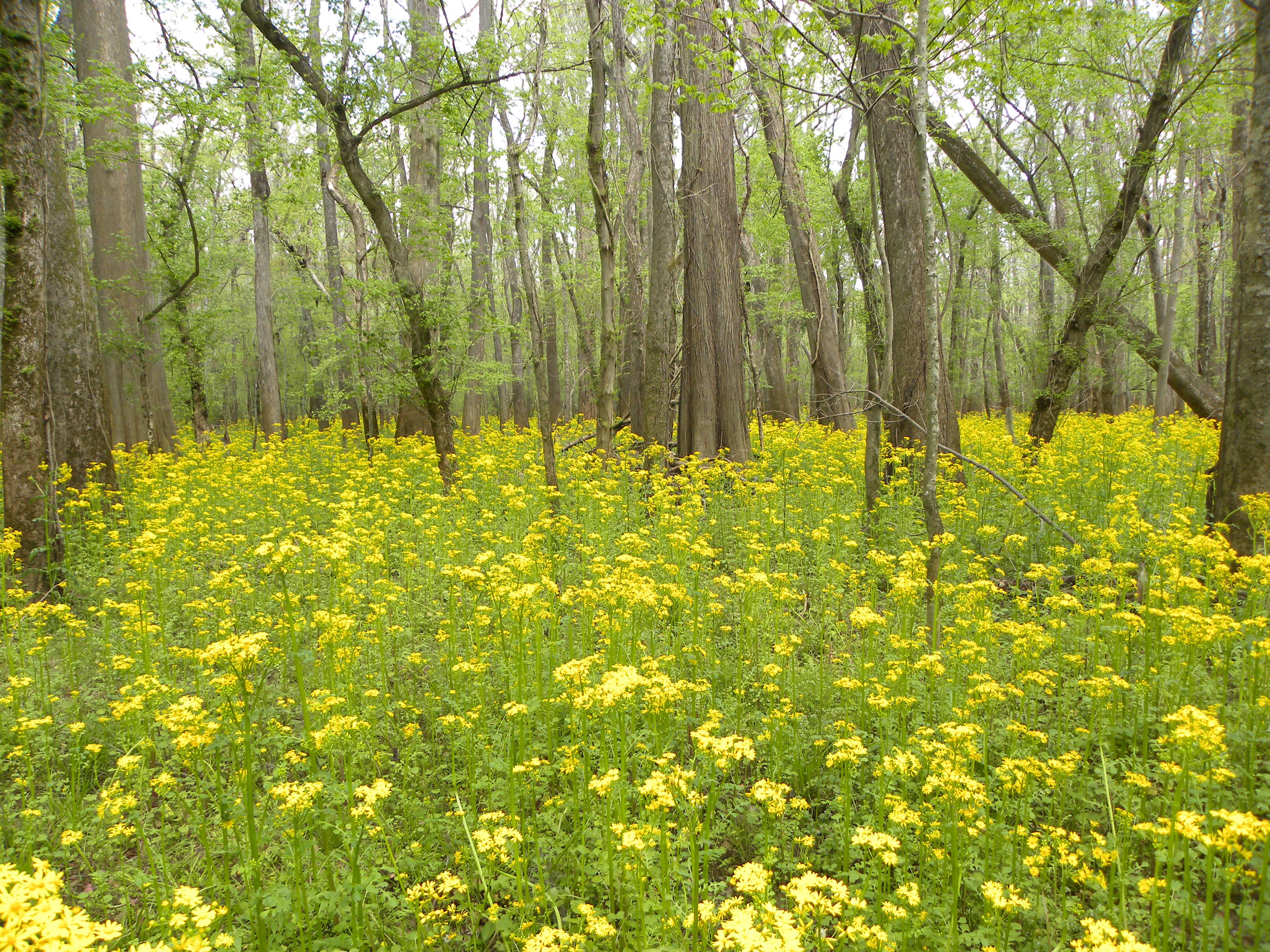
Backcountry Camping
Feel like spending a night nestled under the old growth canopy? Pick up a free permit from the Harry Hampton Visitor Center and get ready for a memorable night among some of the nation’s most impressive trees. You can conveniently camp anywhere in the park that is approximately 100-feet from Wise Lake, Cedar Creek, Tom’s Creek, and Bates Old River. Become a part of Congaree National Park’s impressive biodiversity by pitching a tent after a long day of hiking, paddling, or bird watching. To experience the best, secluded southern night of camping that Congaree National Park has to offer, plan your trip before the more crowded season this summer. The Congaree National Park is a southern dream of swaying Spanish Moss, monumental old growth trees, humming bugs, and tranquil rivers. As spring approaches, this park becomes the perfect destination for adventurers of all ages looking to escape for an afternoon, night, or weekend to a southern paradise. If you’re looking for an excuse to go outside and play this spring, look no further—Conagree National Park is the place for you!
